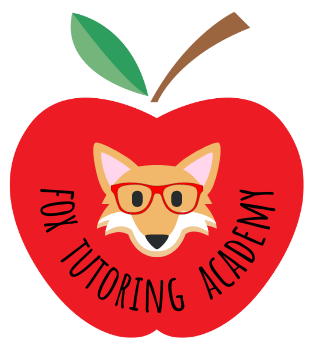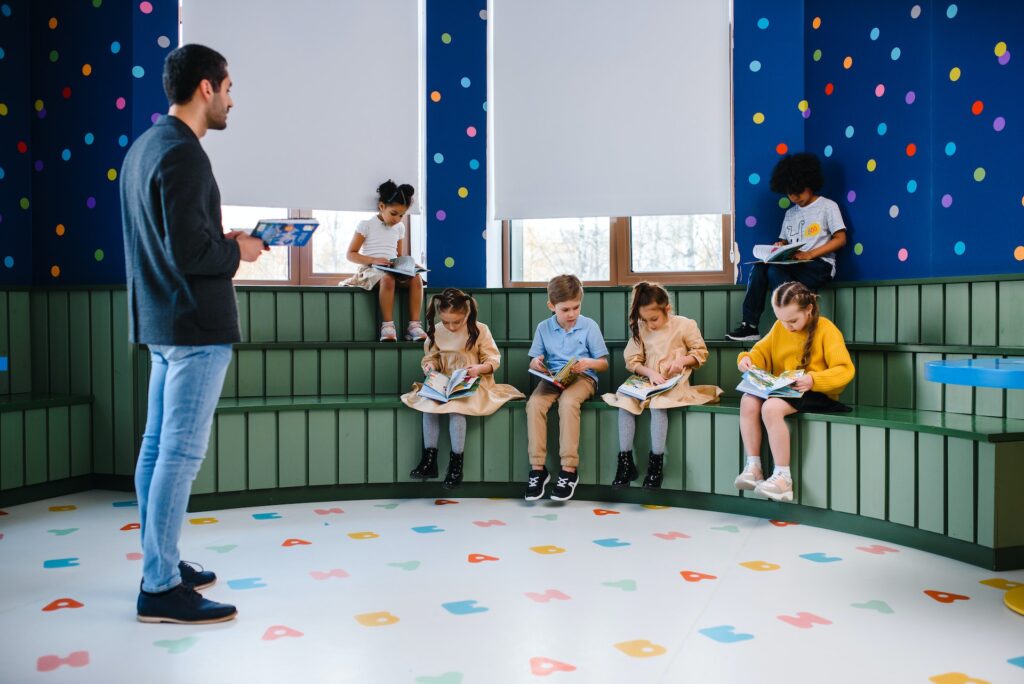With the recent release of the “Sold a Story” podcast, investigated by senior correspondent, producer and host Emily Hanford at American Public Media, the discussion around reading instruction has been thrust into the limelight. A significant emphasis has been placed on the paramount importance of phonics and foundational skills in the reading curriculum. As educators, parents, and stakeholders in children’s futures, it’s crucial to understand the underpinnings of effective reading instruction and why so many students are struggling.
Phonics: The Building Blocks of Reading
Phonics, the relationship between letters and their corresponding sounds, serves as one of the primary building blocks of reading. Without a strong grasp of phonics, students are left to guess or memorize words, which is neither sustainable nor effective.
Why is phonics so essential?
Decoding & Independence: Phonics provides students with the tools to decode unfamiliar words independently. This ability significantly enhances their confidence and ensures they’re not limited to only words they’ve memorized.
Fluency & Comprehension: With effective phonics instruction, students can read words more fluently, leading to improved comprehension. Without the stumbling block of decoding, they can focus on understanding the text.
The 4th Grade Disparity: A Crisis in Reading
By 4th grade, a chasm appears in reading proficiency. A considerable number of students struggle with reading, as revealed in numerous studies and, most recently, highlighted by the “Sold a Story” podcast. This gap is concerning, not only for academic reasons but because 4th grade marks a transitional phase in reading. Students shift from ‘learning to read’ to ‘reading to learn.’ Those who haven’t mastered the foundational skills are at a significant disadvantage.

Bridging the Gap: Helping Students Catch Up
So, how can we support these students and ensure they’re not left behind?
Intensive Phonics Instruction: It’s never too late to introduce or reinforce phonics. Targeted instruction can help students fill in the gaps in their knowledge.
Utilize Multisensory Approaches: Engage students using various senses. Whether it’s through touch (tracing letters), sight (visual aids), or sound (phonemic awareness activities), these methods can be especially effective.
Consistent Practice: Regular reading practice, both in and out of the classroom, can help reinforce skills. This includes reading aloud, paired reading, and independent reading.
Supportive Environments: Foster a love for reading. Encourage students to explore topics they’re passionate about, ensuring they have access to age-appropriate and engaging materials.
Parental Involvement: Parents play a crucial role in their child’s reading journey. Providing them with resources, strategies, and knowledge can make a world of difference.
In Conclusion
The revelations from the “Sold a Story” podcast state a pressing need for reformed reading instruction, grounded in evidence-based practices. Phonics and foundational skills are non-negotiable elements in this equation. As we acknowledge the challenges and actively work towards solutions, we can ensure every child is equipped with the skills to not just read but to thrive in their academic journey and beyond.

